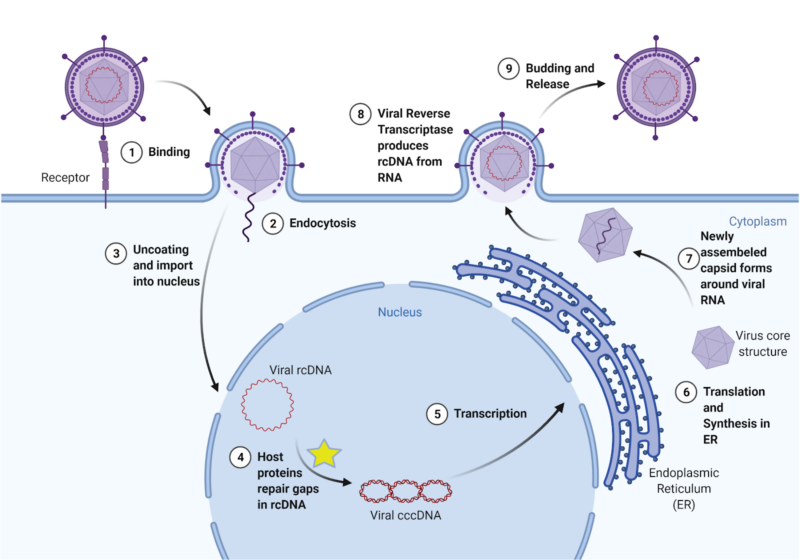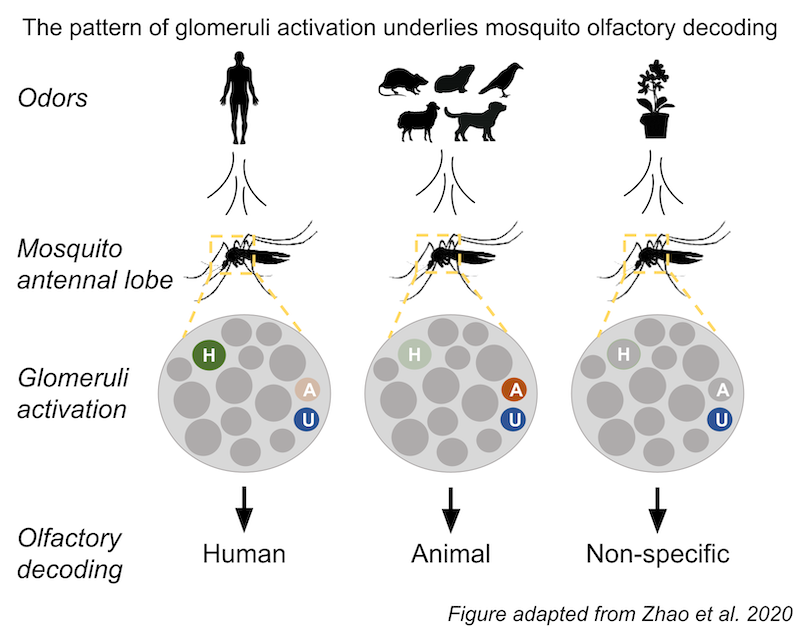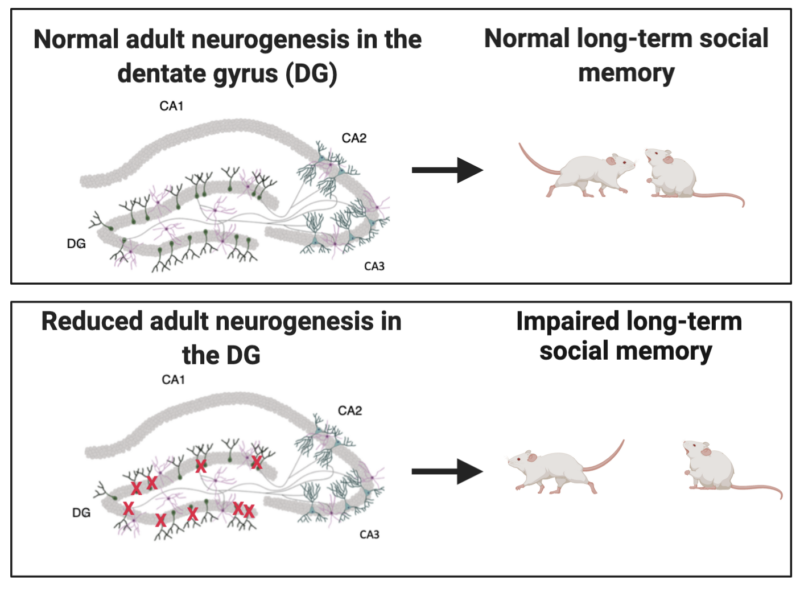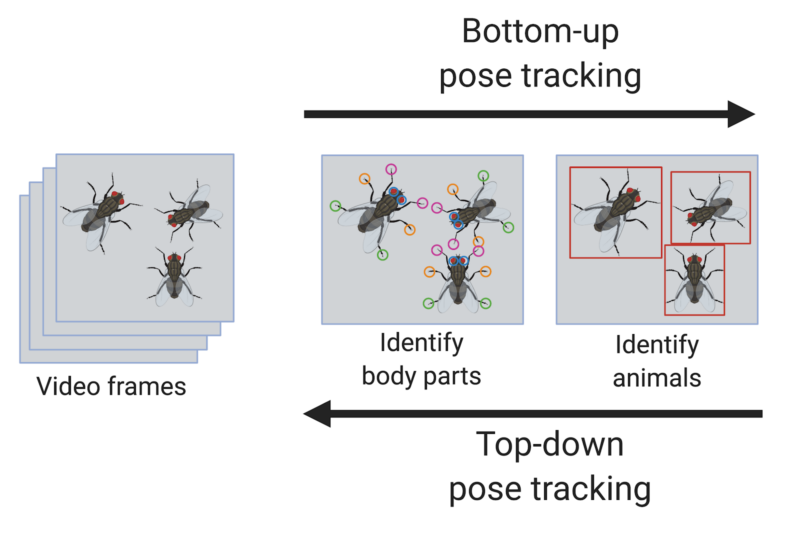Cecilia Panfil (CHM, 2022) and Alexandra Libby (PNI, GS)
Worldwide, approximately 250 million people have tested positive for the Hepatitis B virus (HBV). The virus infects the liver, causing severe damage when left untreated, such as chronic infection, liver fibrosis, liver cancer and cirrhosis. The likelihood of an adverse outcome or chronic illness is higher if the disease is contracted in childhood. Transmission can occur either through birth (i.e., the mother was infected) or close contact (e.g., sexual incourse or needle sharing for injectable drugs)1. HBV is a significant global health problem; overall, it is estimated that 650,000 people die each year from HBV related illnesses2.
Continue reading








